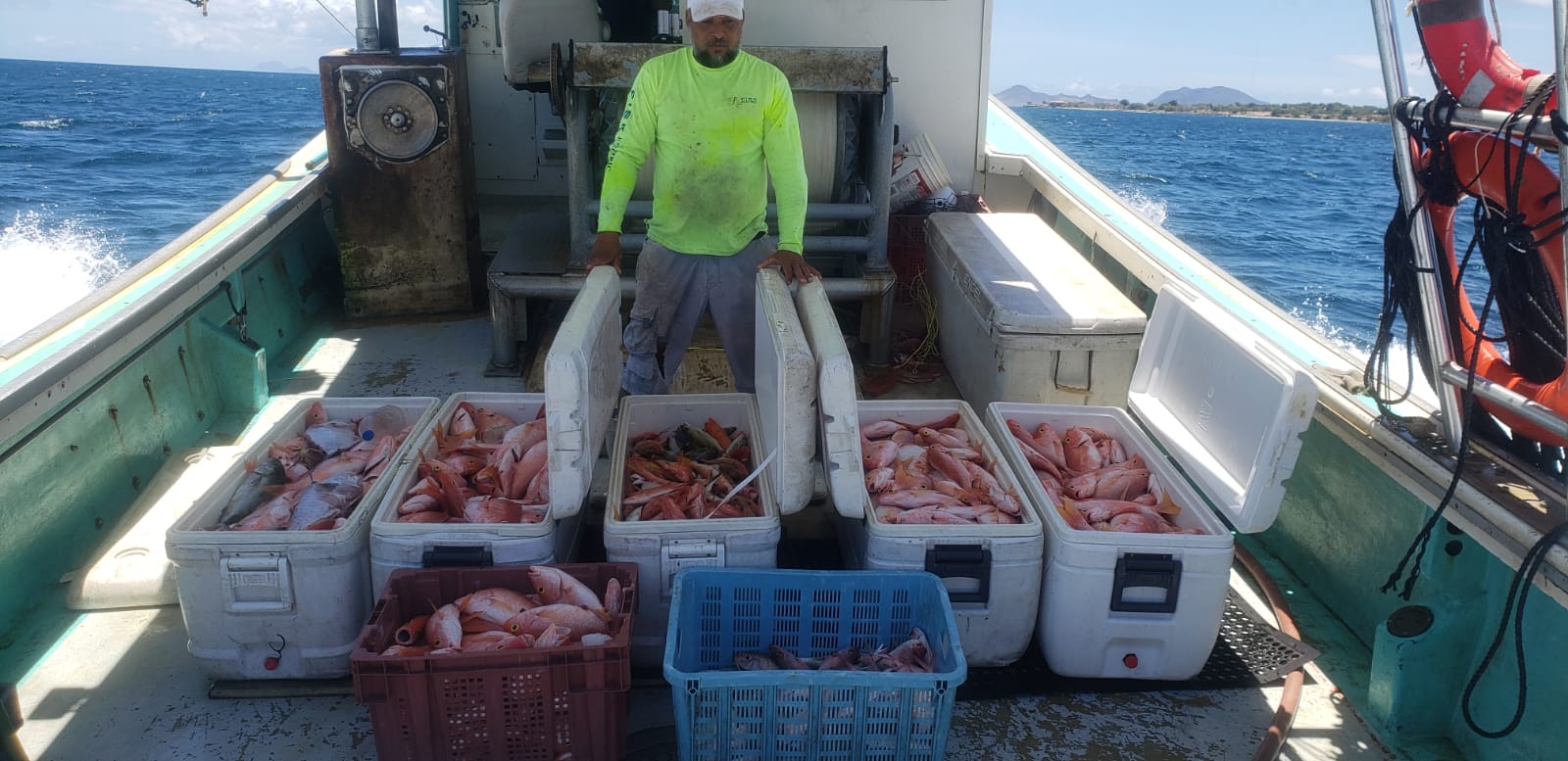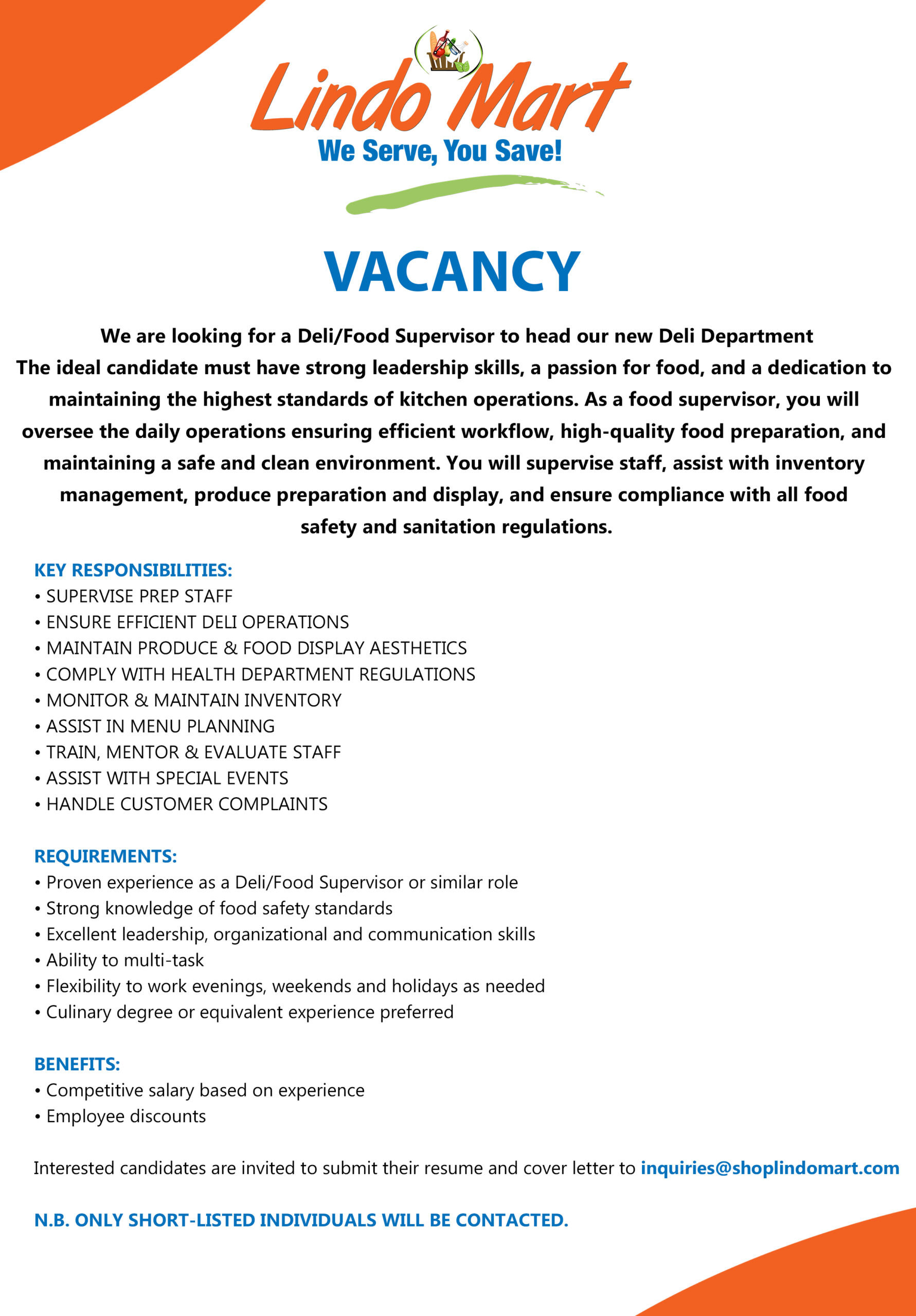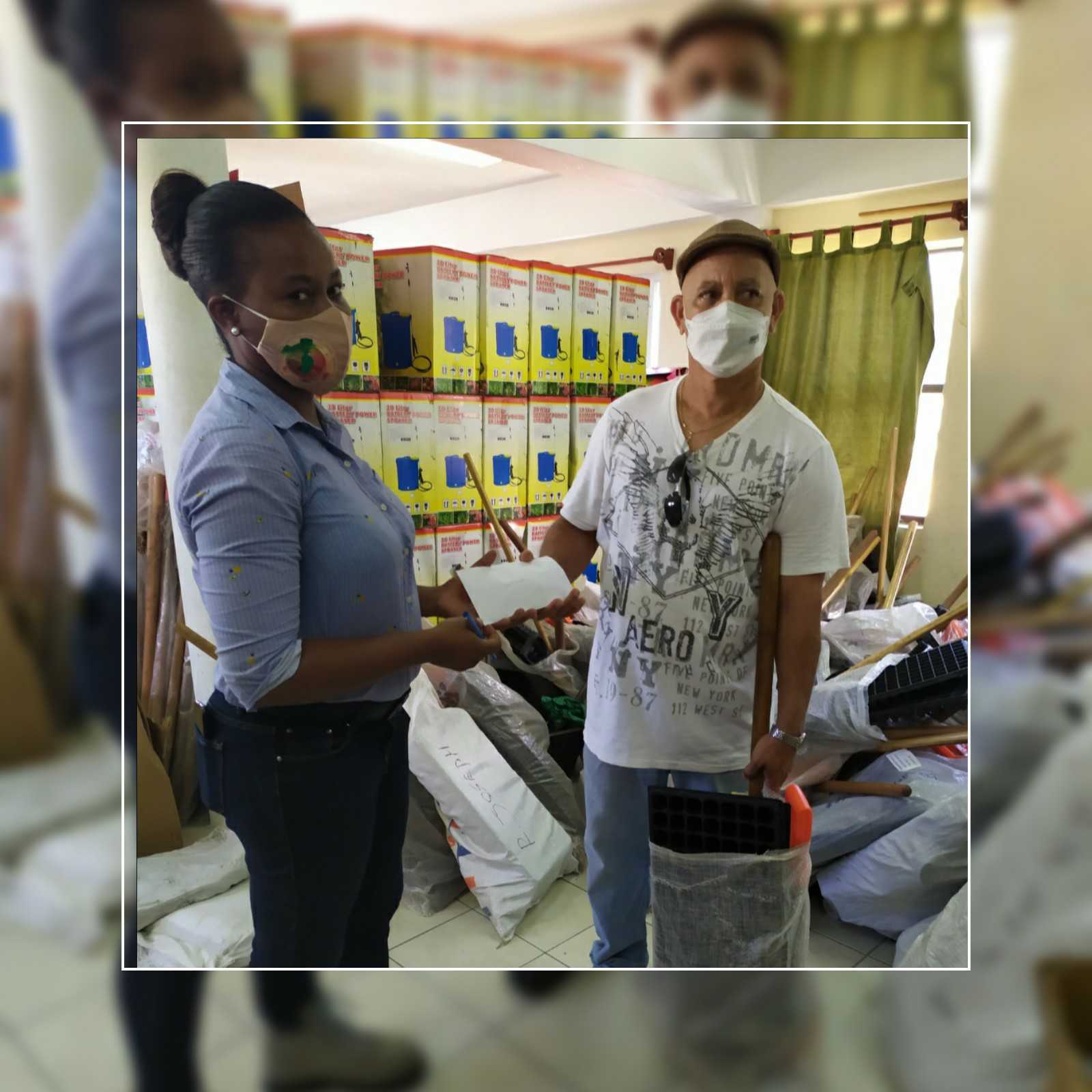
The 4th upcoming Western Central Atlantic Fishery Commission (WECAFC) meeting will be held virtually from 8-9 September 2020 and will be co-hosted by the Ministry of Maritime Affairs and the Blue Economy of Barbados with key important outcomes expected in the fight against Illegal, unreported and unregulated (IUU) fishing.
The WECAC meeting has attracted over 100 participants from 25 member countries who will convene to discuss urgent matters including enhancing governments’ capacity to devise appropriate measures to effectively combat IUU fishing; strengthening national policy and legal frameworks, enhancing national monitoring control and surveillance (MCS) capacity to combat IUU. On a regional level, the meeting will also aim at fostering the regional and international cooperation to combat IUU.
Some of the participants include government officials, researchers from selected Caribbean Regional Fisheries Mechanism (CRFM), WECAFC and the Central America Fisheries and Aquaculture Organization (OSPESCA) member countries and fisher-folks representatives. The participants comprise of middle and/or senior MCS officers, fisheries managers, coastguard and navy officers, prosecutors and other major stakeholders involved in fisheries compliance and enforcement in connection with the implementation of the Port State Measures Agreement and complementary international instruments and regional mechanisms.
The Honorable Kirk Humphrey, Minister of Maritime Affairs and the Blue Economy in Barbados is expected to deliver featured remarks on September 8, while Ms Joyce Leslie, Acting Chief Fisheries Officer in Barbados will act as Chair of the proceedings.
The significance of this meeting was underscored by His Excellency Ambassador Fernando Abreu, Head of the Delegation of Brazil to FAO, based in Rome, Italy (FAO Headquarters) who stressed that, “WECAFC’s working group offers us a space to debate and improve our collective understanding of the region’s specific issues regarding IUU fishing. I am sure the upcoming 4th meeting will represent an important occasion to share good practices and, thus, enhance our joint efforts in tackling this challenge”.
Meanwhile, Ms Joyce Leslie indicated that, “It is important to know what progress has been made by Member States of WECAFC since the last working group meeting in addressing the challenges of IUU fishing. She added that developing a National Plan of Action would be the next order of business and the identification of the support needed for that exercise.”
Mr Adrian LaRoda, Acting Chair of the Caribbean Network of Fisherfolk Organizations (CNFO) indicated that due to the economic fallout of COVID-19, the importance of the livelihoods of fisherfolks is of paramount importance along with food and nutrition security of the Caribbean people, hence the importance of reducing the incidents of IUU.
Mrs Yvette Diei Ouadi, FAO’s Fishery and Aquaculture Officer and Secretary of WECAFC, stated that she was heartened by the heightened interest in the meeting which she indicated was critical in implementing the Regional Plan of Action to Prevent, Deter and Eliminate Illegal, Unreported and Unregulated Fishing (RPOA-IUU).
She said, “With the information-rich agenda, including among others, the review of members’ readiness, the key elements of a tailored implementation plan for the RPOA-IUU, and a regional project to be funded by the Global Environment Facility in support of the regional efforts, this meeting will pave the way for concrete actions to significantly curb the incidences of IUU fishing with some level of urgency in the region”.
Mrs Diei Ouadi also stressed that sustainable fisheries management practices, including Monitoring, Control and Surveillance also contribute to securing long-term employment and other related economic opportunities in the fisheries sector, including in recreational fisheries and fish processing and trade.






